Bernese German (Bärndütsch) has a well-established reputation as a dialect with different regional variations and sociolects (Matten English, patrician Bernese German). It is an aspect of regional identity and is of great importance for creative activities. Even though Bernese German is mainly a spoken language, there is a comparatively extensive body of popular literature and music.
While the first wave of the dialect movement began around 1900 with Otto von Greyerz, Simon Gfeller and Carl Albert Loosli, the second wave, the ‘modern dialect’ around Walter Vogt, Kurt Marti and Ernst Eggimann, broke new ground in the 1960s. During this period, Mani Matter composed his Bernese German songs, playfully toying with words and ideas, which have achieved folk song status. Women are almost invisible in this phase – the ‘Bible translator’ Ruth Bietenhard (1920–2015) and Maria Lauber (1891–1973) from Frutigen are exceptions.
Following this wave, Bernese German music gained popularity, not only with songs by the Bernese troubadours around Mani Matter, but also with Bernese rock by Polo Hofer and Züri West from the 1970s onwards. In the new millennium, dialect remains dominant in the Bernese music scene, in various forms from rap and rock to crossover.
The production of dialectal literature, on the other hand, declined significantly in the mid-1980s.
Since 2000, however, it has gained new popularity as a third wave of dialect with the spoken word movement and the authors' collective ‘Bern ist überall’ (Bern is everywhere). This popularity has continued into the 2020s.


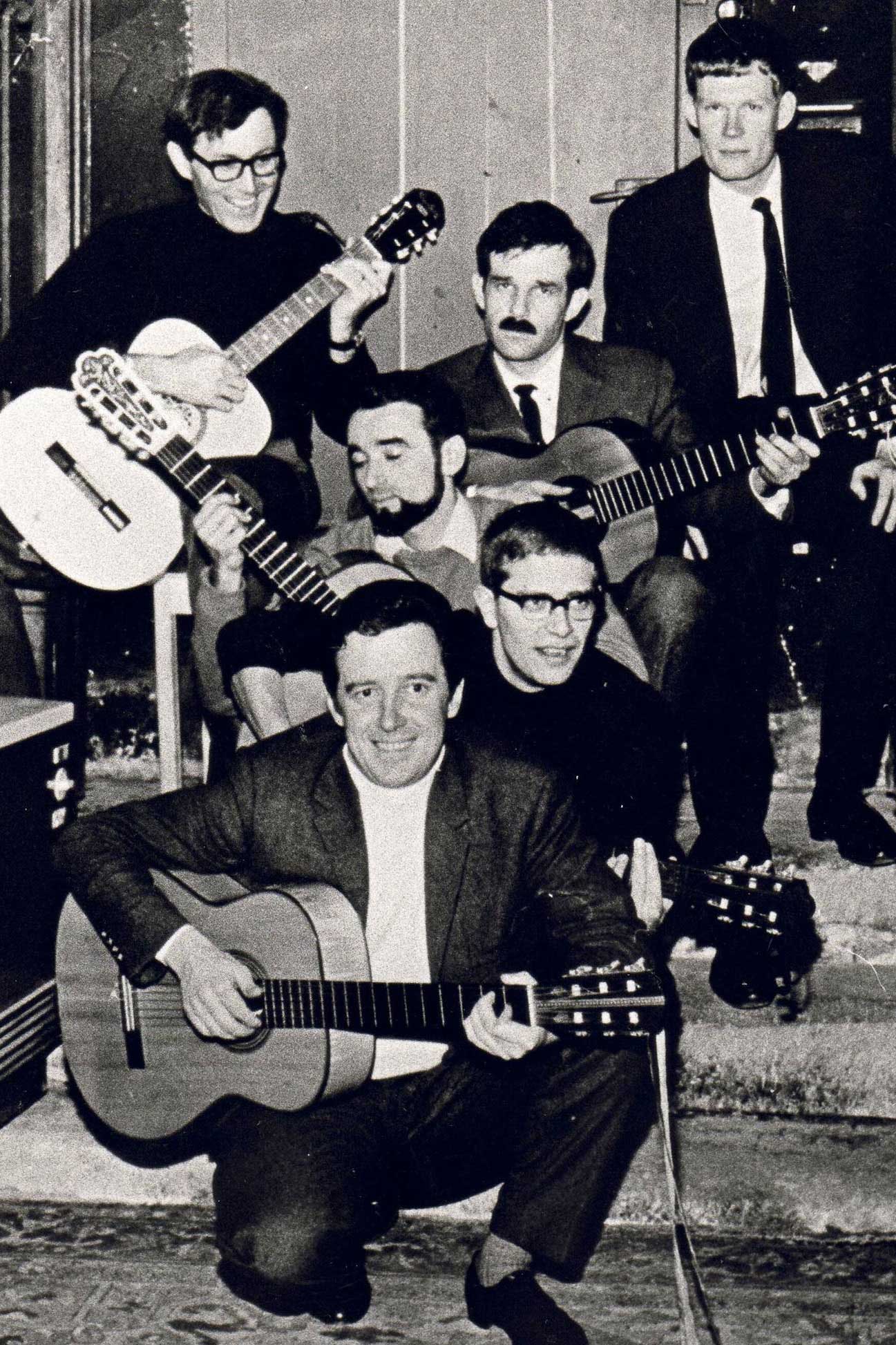

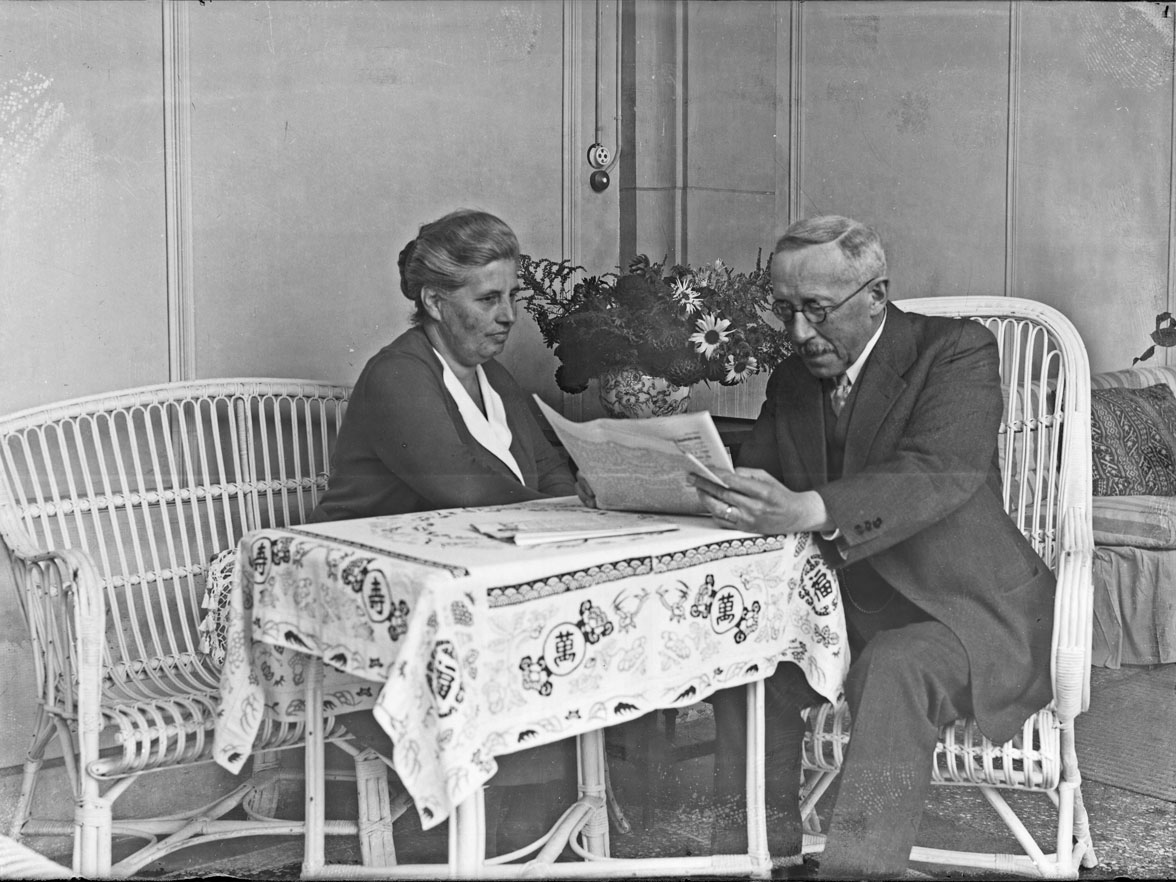

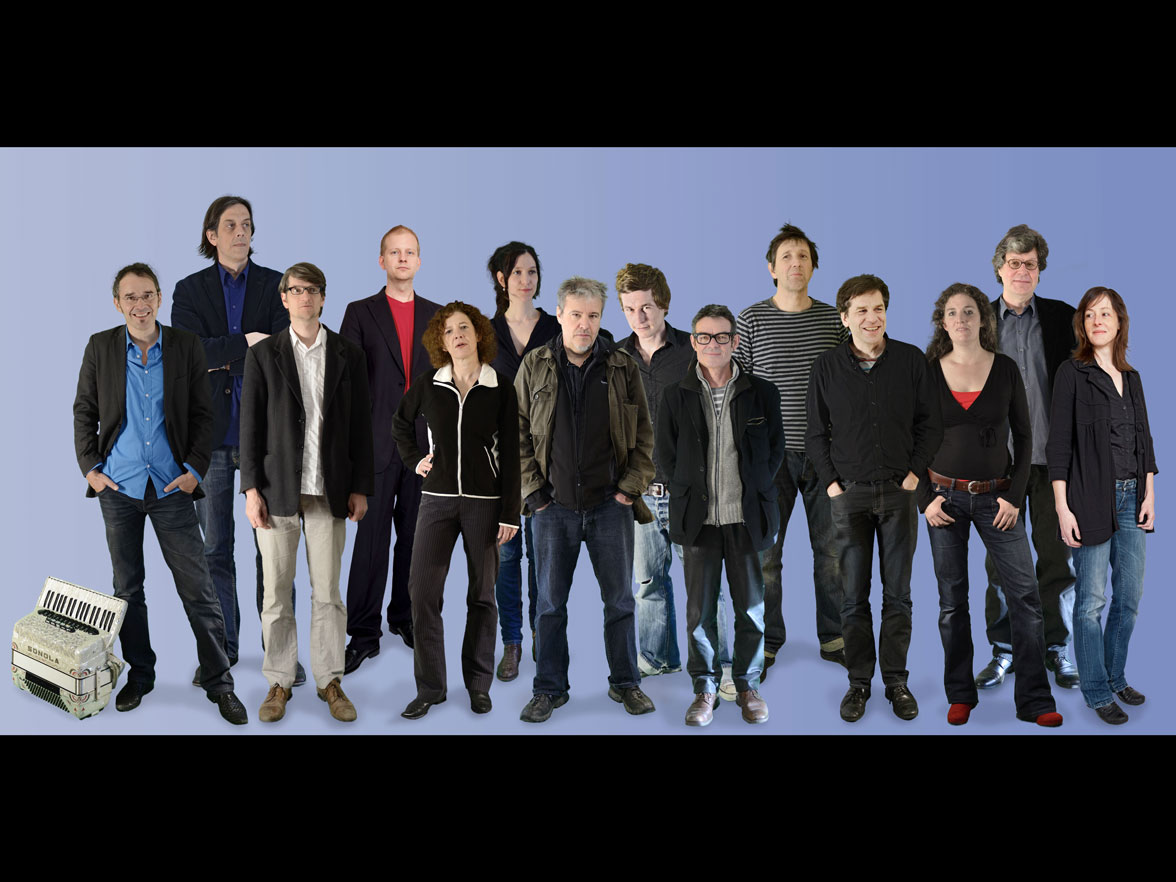
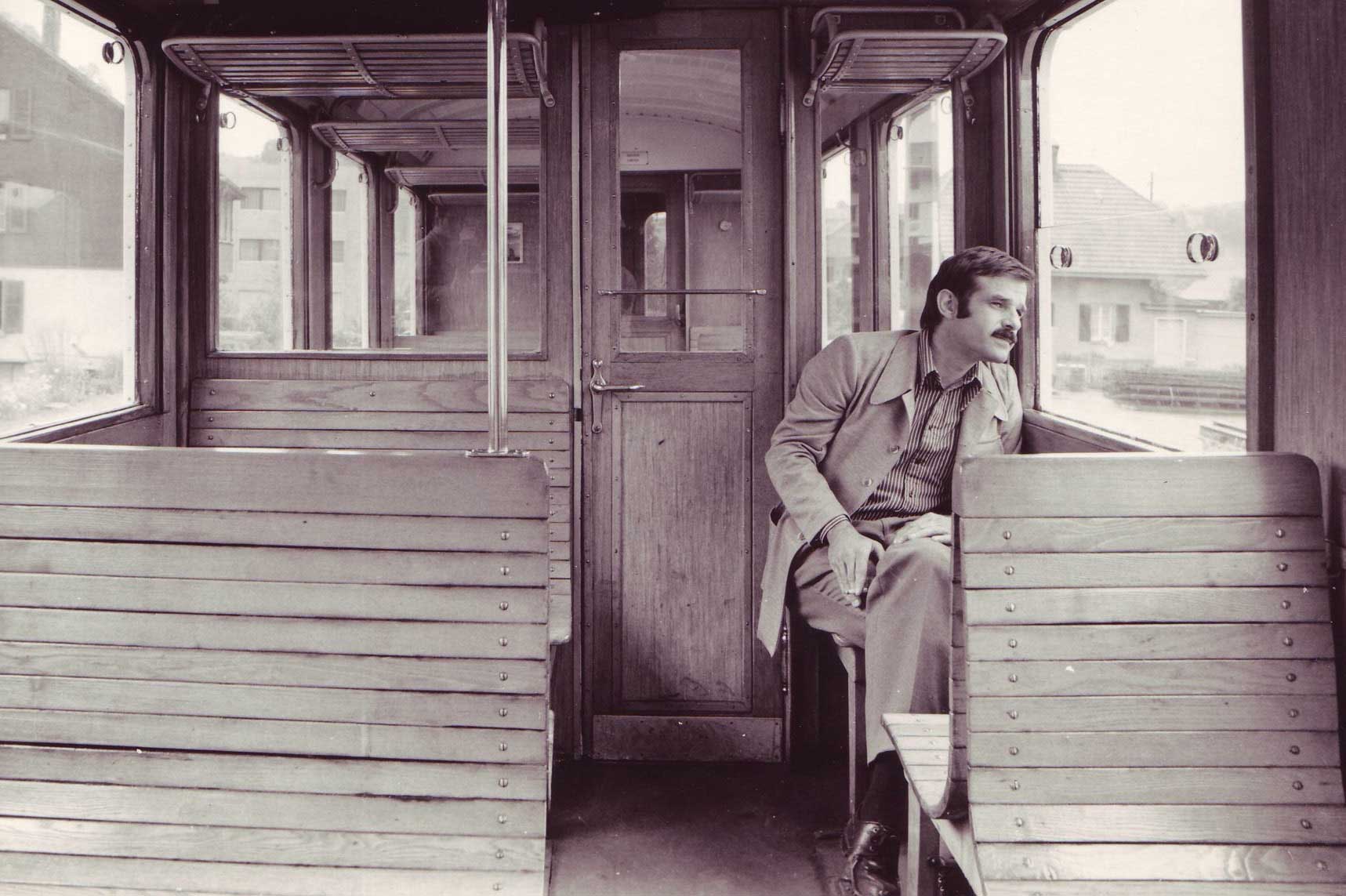
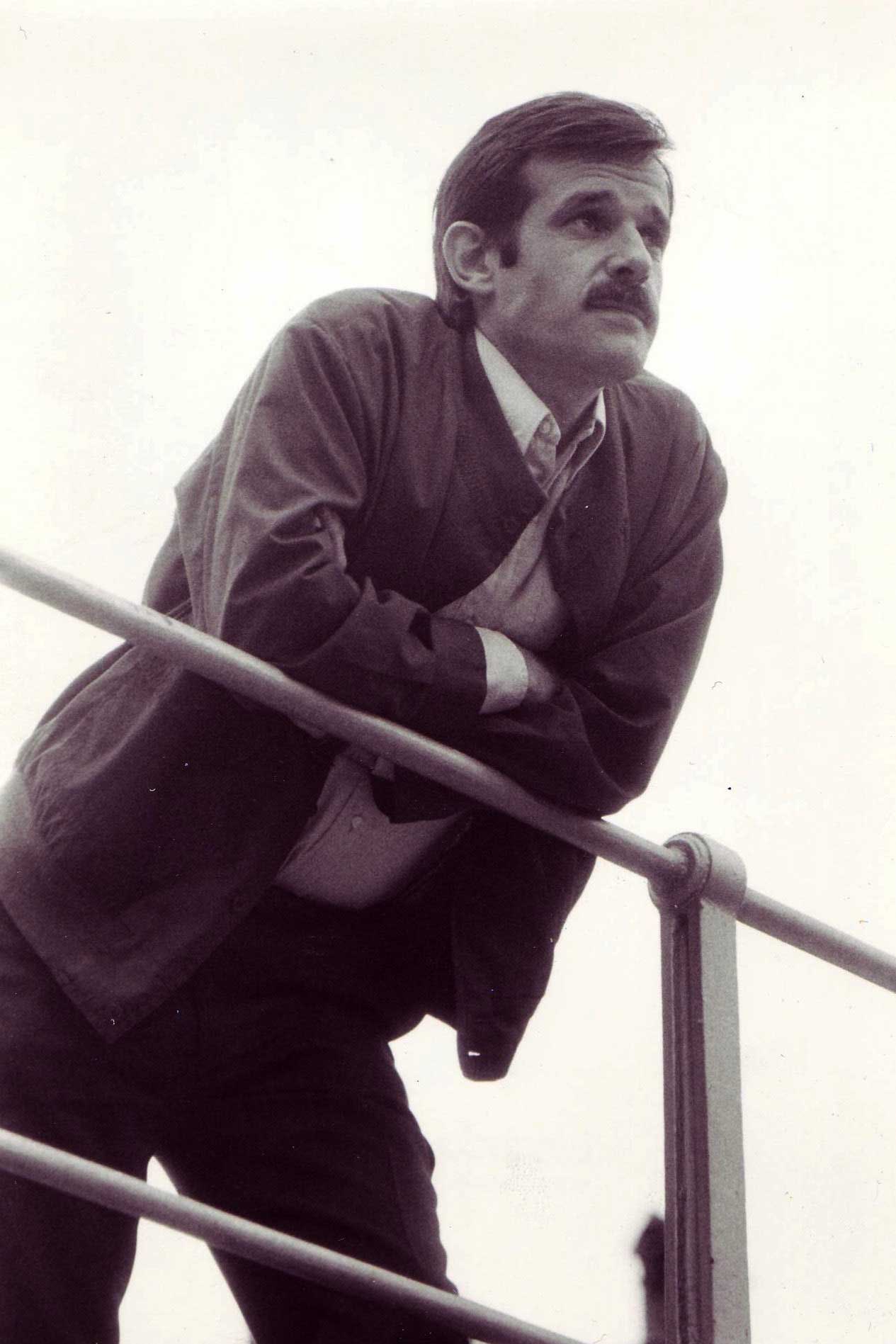
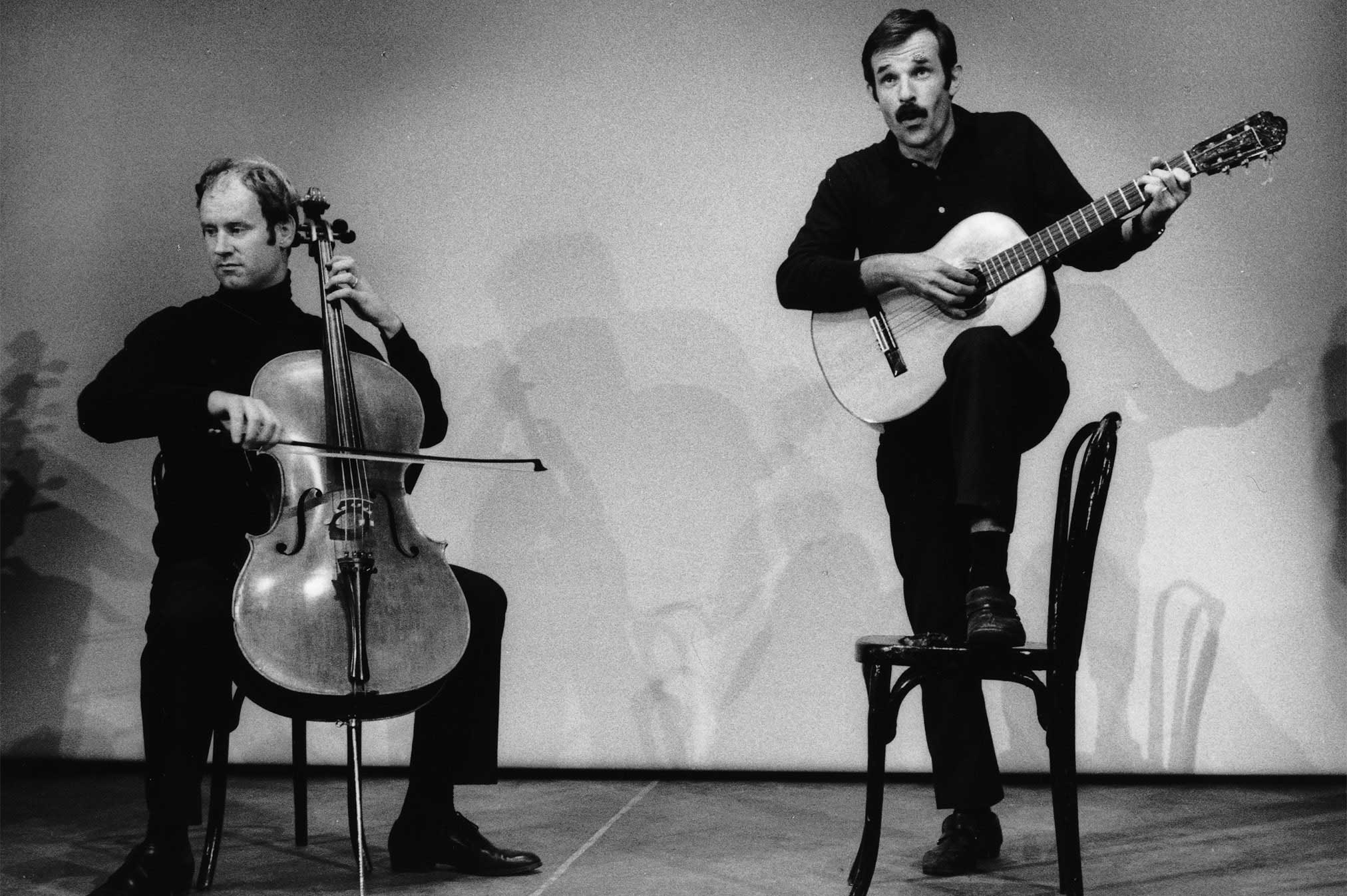
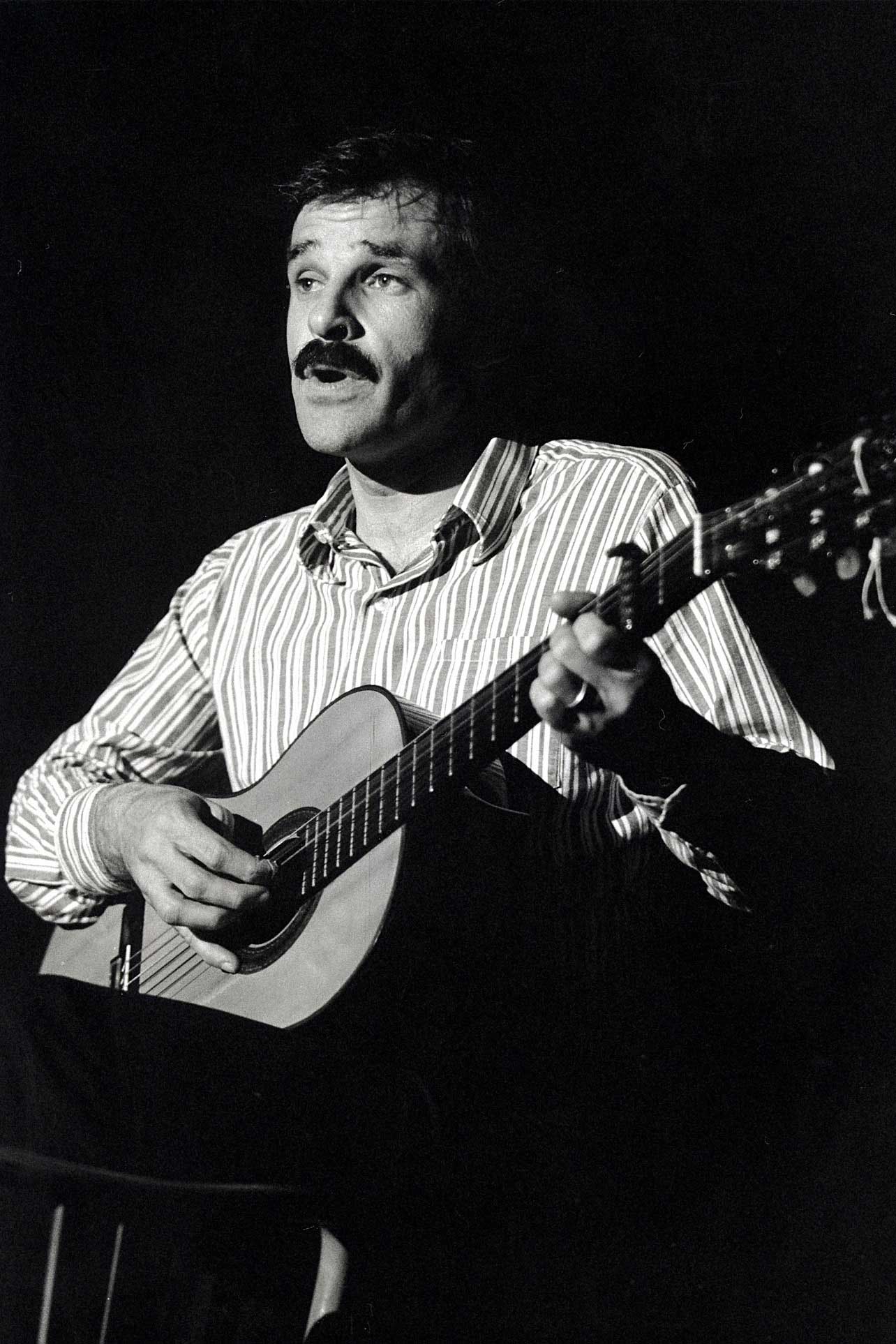

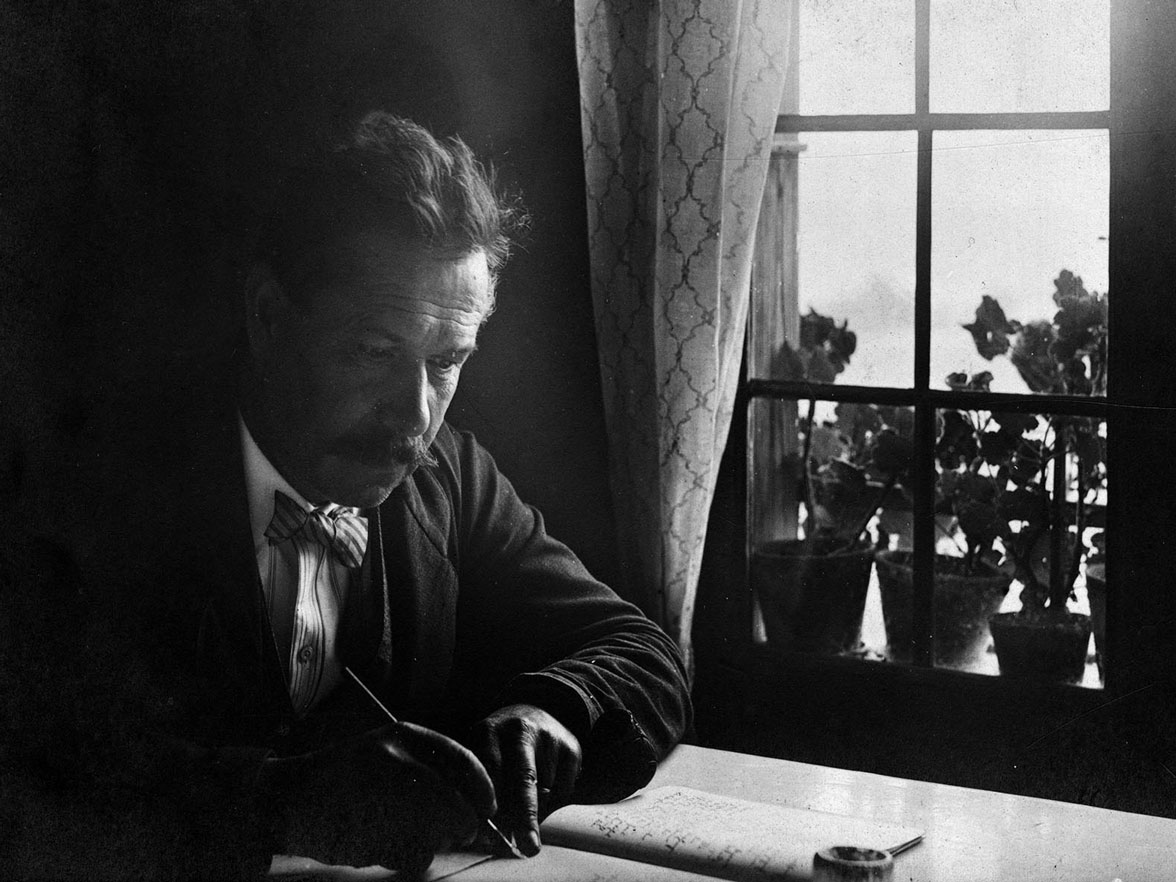
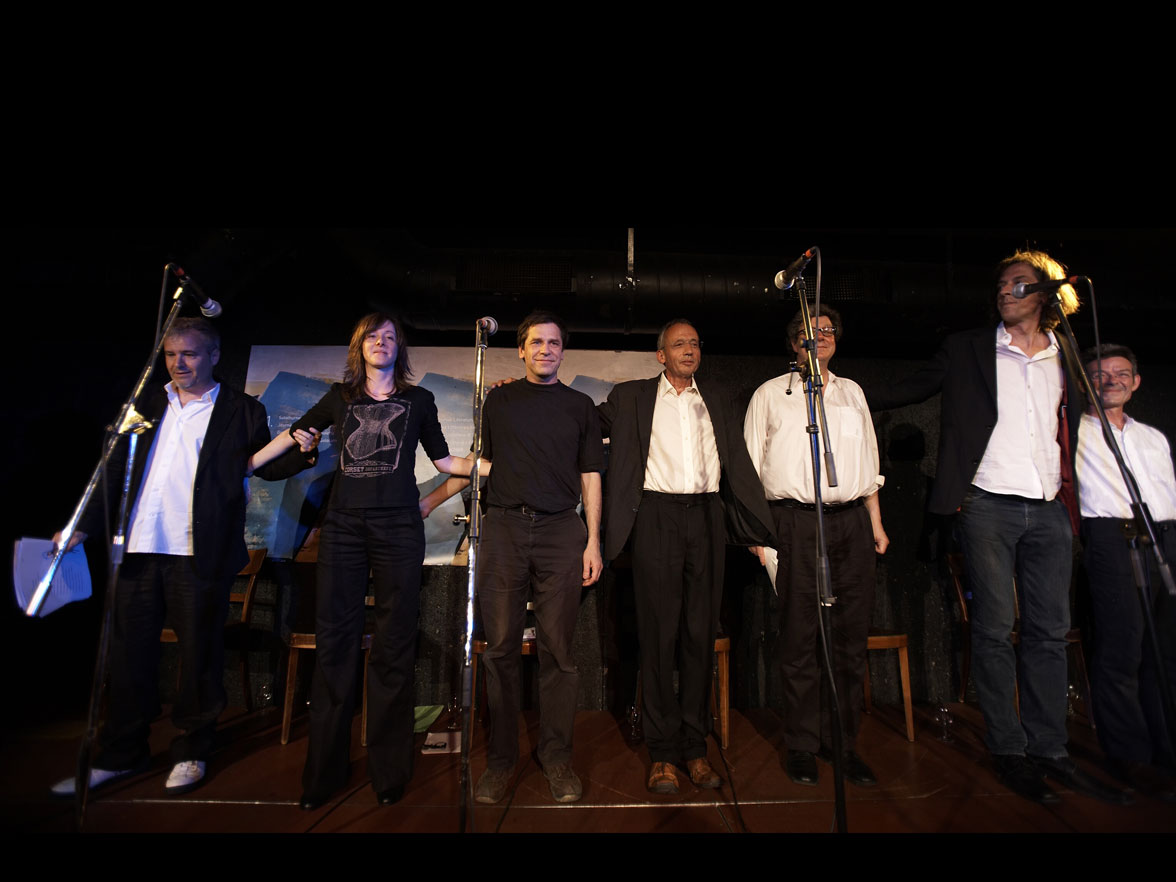
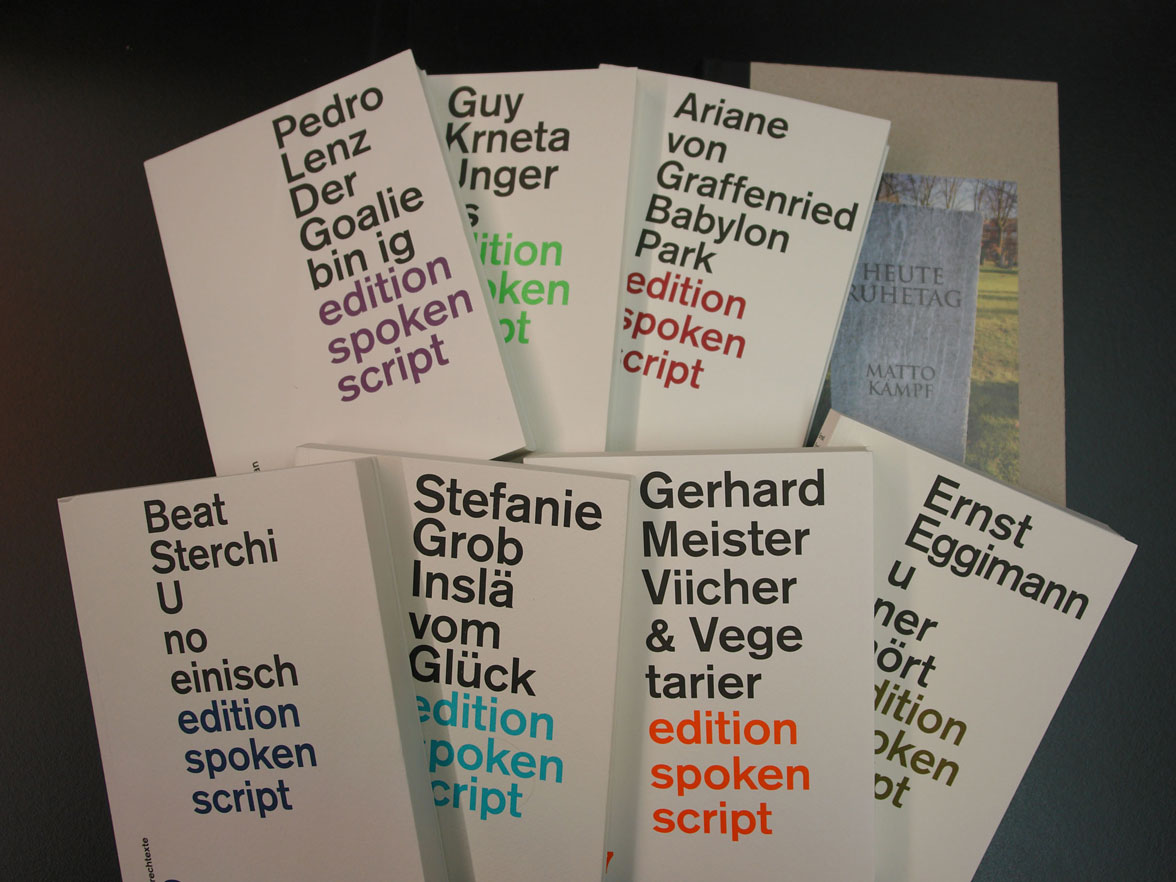
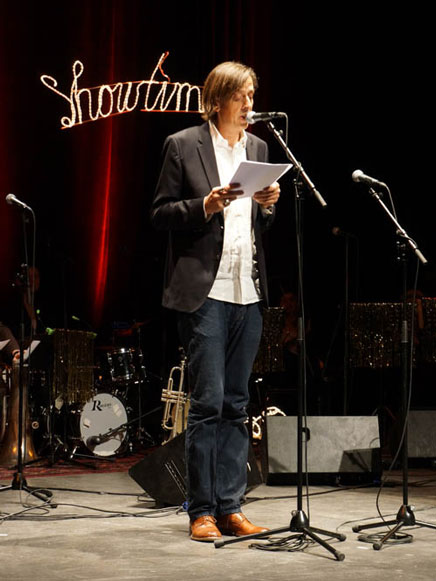
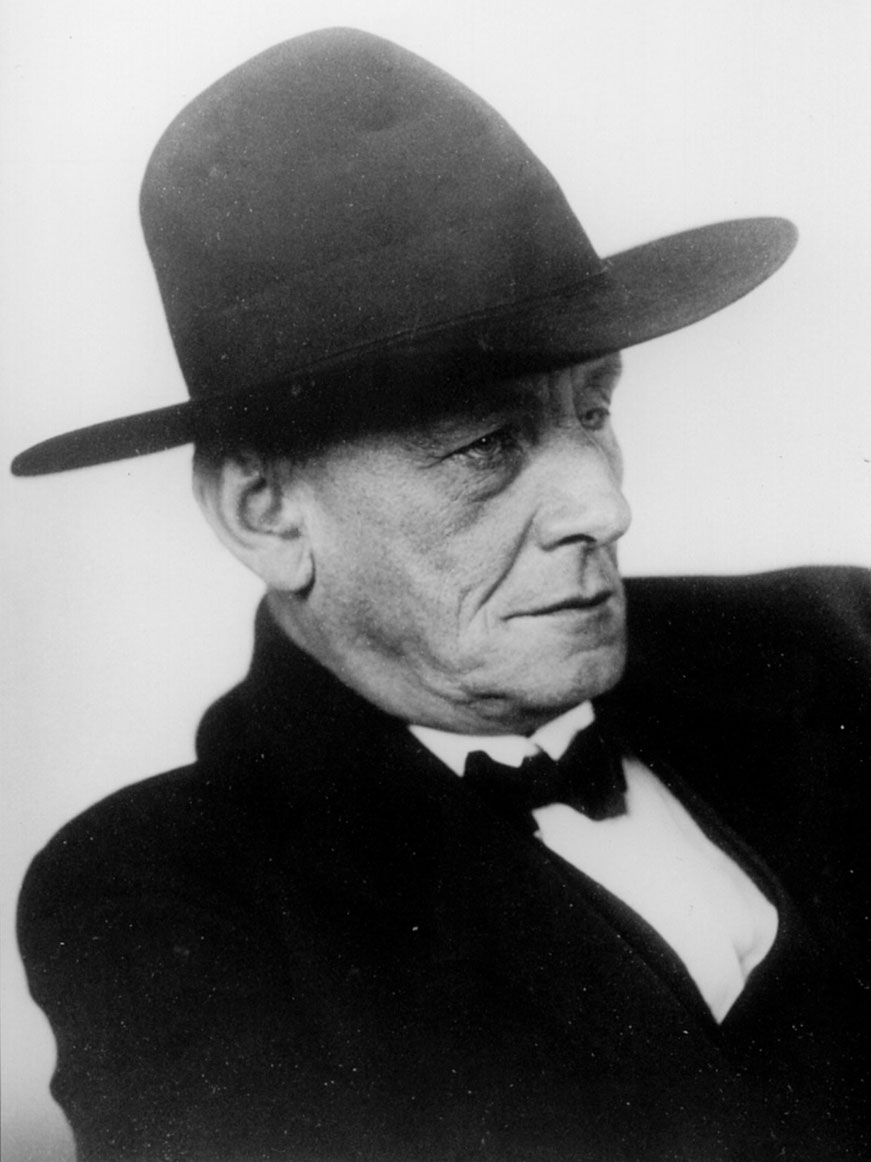
 Birdman Jäggi.jpg)
 Moët Liechti.jpeg.jpg)
 Der gesunde Menschenversand.jpg)



